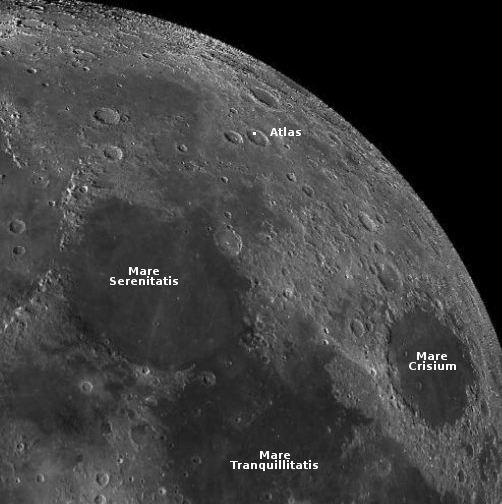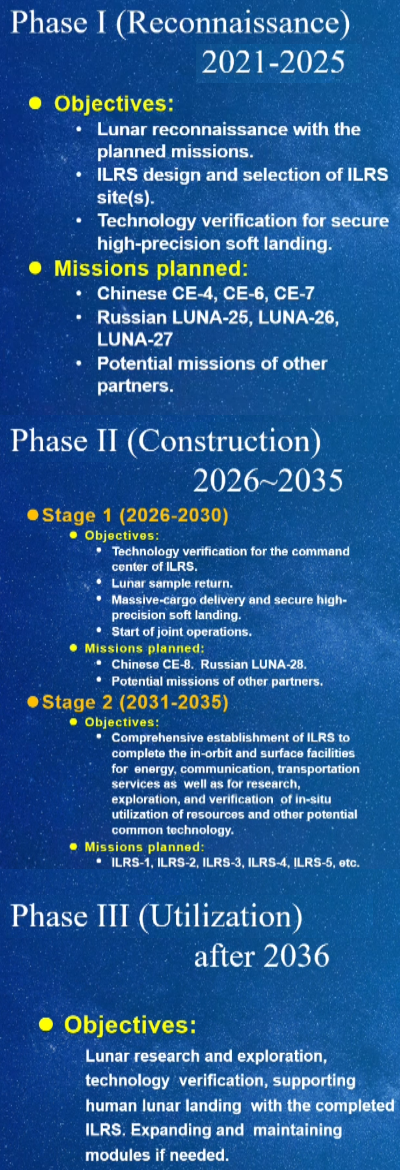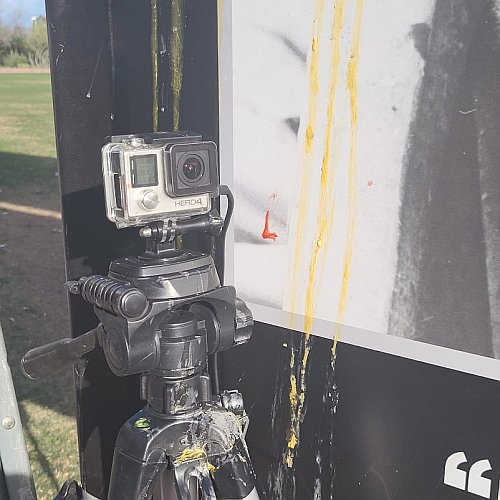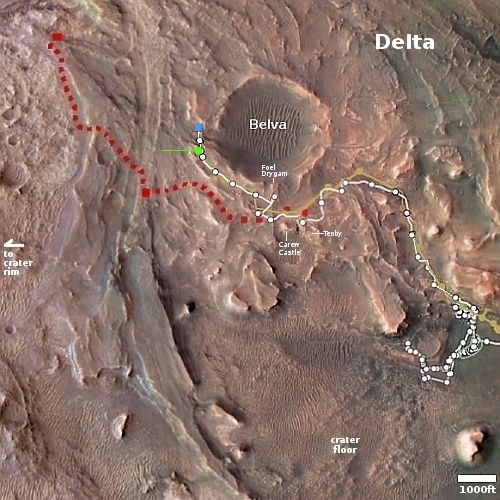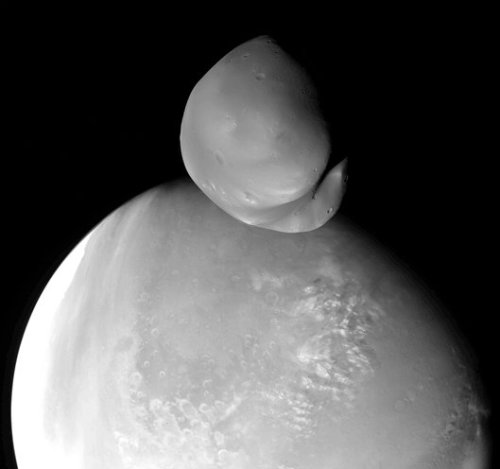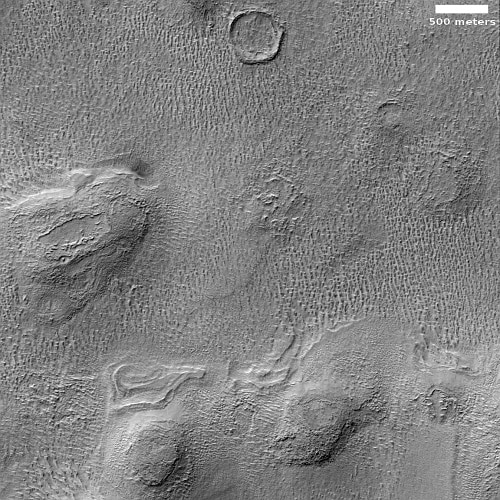NASA announces winners in its annual school manned rover design competition
NASA today announced the winning teams in its annual competition for high schools and colleges to come up with the best new designs for manned rovers capable of operating on other worlds.
The annual engineering competition – one of NASA’s longest standing challenges – held its concluding event Friday, April 21 to Saturday, April 22, at the U.S. Space & Rocket Center in Huntsville, Alabama, near NASA’s Marshall Space Flight Center.
More than 500 students from around the world participated during HERC’s 29th anniversary competition. Student teams represented 16 states, the District of Columbia, and Puerto Rico, as well as the countries of Bolivia, Brazil, Colombia, Dominican Republic, India, Mexico, Peru, and Singapore. Teams were awarded points based on navigating a half-mile obstacle course, conducting mission-specific task challenges, and completing multiple safety and design reviews with NASA engineers.
The first place winners were teams from Escambia High School from Florida and the University of Alabama. NASA also listed winners in a whole range of other categories (“crash and burn”, “pit crew”, “social media”), many of which appear designed simply to make sure everyone got a participation award.
NASA today announced the winning teams in its annual competition for high schools and colleges to come up with the best new designs for manned rovers capable of operating on other worlds.
The annual engineering competition – one of NASA’s longest standing challenges – held its concluding event Friday, April 21 to Saturday, April 22, at the U.S. Space & Rocket Center in Huntsville, Alabama, near NASA’s Marshall Space Flight Center.
More than 500 students from around the world participated during HERC’s 29th anniversary competition. Student teams represented 16 states, the District of Columbia, and Puerto Rico, as well as the countries of Bolivia, Brazil, Colombia, Dominican Republic, India, Mexico, Peru, and Singapore. Teams were awarded points based on navigating a half-mile obstacle course, conducting mission-specific task challenges, and completing multiple safety and design reviews with NASA engineers.
The first place winners were teams from Escambia High School from Florida and the University of Alabama. NASA also listed winners in a whole range of other categories (“crash and burn”, “pit crew”, “social media”), many of which appear designed simply to make sure everyone got a participation award.



